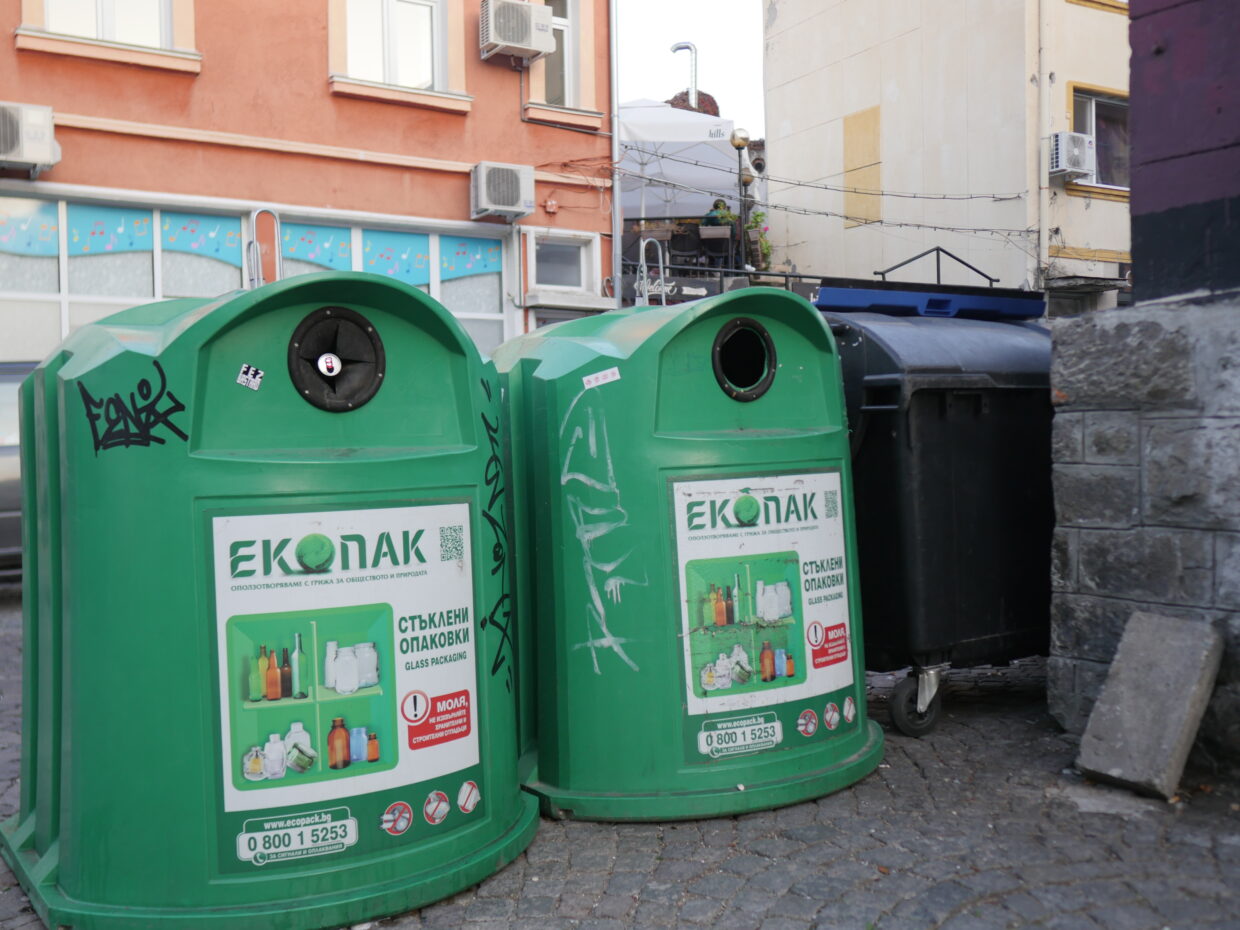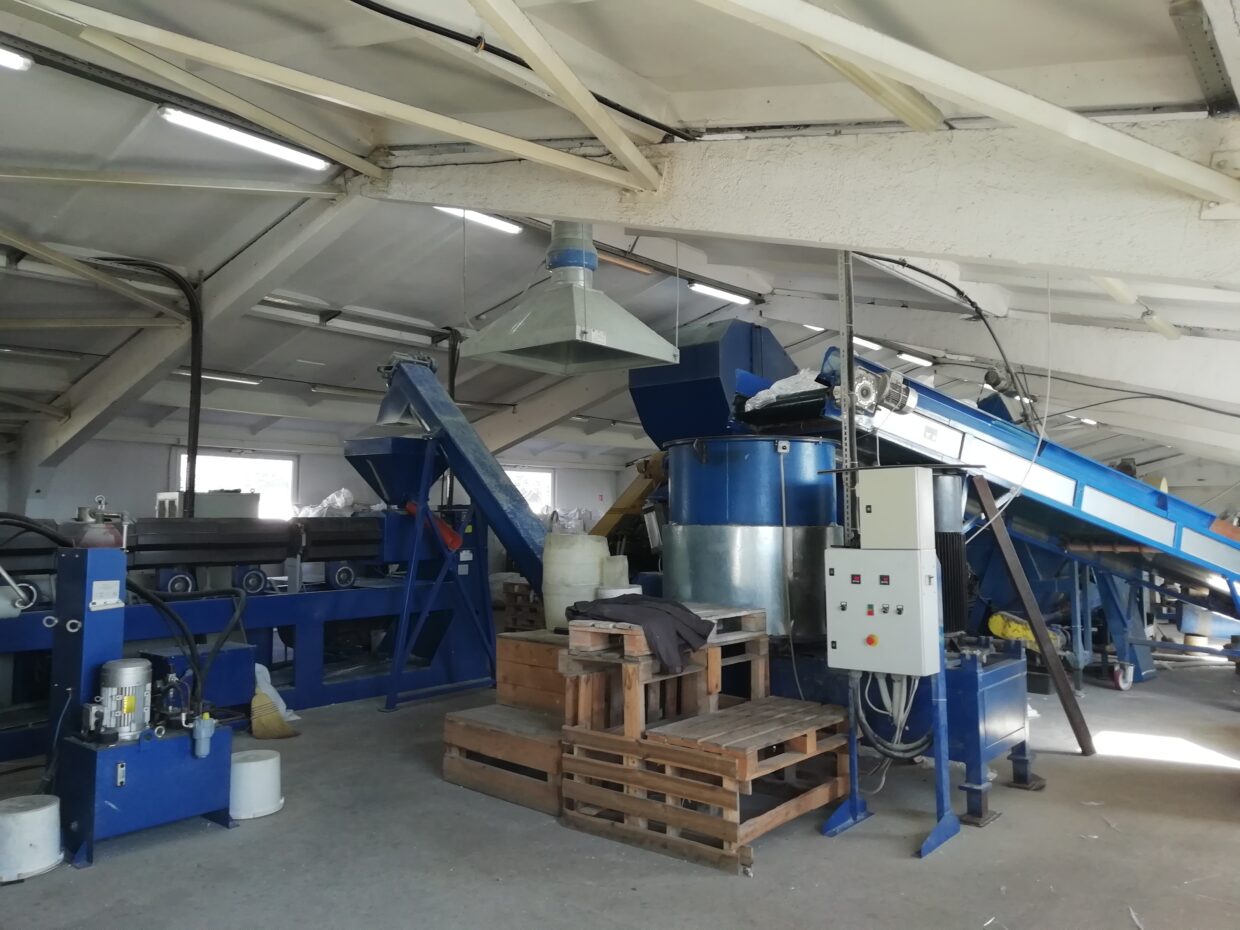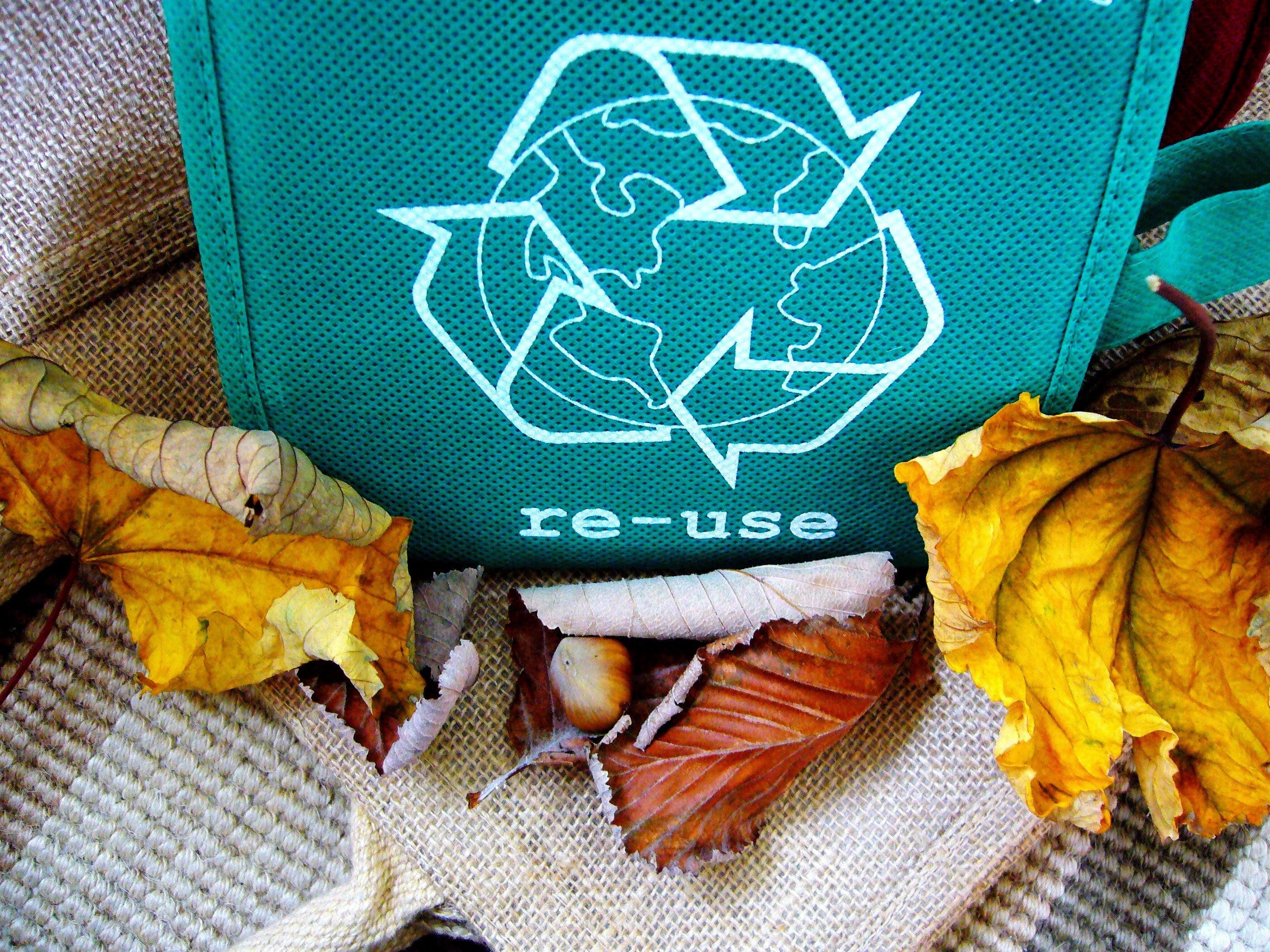From plastic and paper to electronic devices, even including clothing and furniture
Written by Marta Valverde, edited by Lindsay Martin, photos by Marta Valverde, Anastasiia Dehtiarova, and Pixabay
Recycling in Bulgaria is one of the most repeated issues in our Facebook community, “Foreigners in Sofia & Friends.” It makes sense since we live in a time of sustainability and the Zero Waste lifestyle is becoming more and more fashionable. Never before has a trend had such a positive impact on our planet! But let's get down to business and see how the recycling system works here.
Glass, plastic, metal, and paper
Contrary to what many people think, waste is sorted in Bulgaria. This is done manually once the waste reaches the plant. This is why it is common to see garbage trucks collecting everything together from the different containers. In any case, it would be advisable to separate the garbage and deposit it in its specific container, in order to promote collective awareness and set an example for the little ones.
There is an official website where you can see a map with the location of each specific container in Sofia. The municipality website states, “separately collected paper, metal, glass, and plastic are disposed of only in colored separate collection containers around you. Only in cases where there are no colored containers for separate collection of paper, metal, glass, and plastic in your neighborhood, it is permissible to put these materials in gray metal containers, together with the general household waste.”

There are also many shops that collect plastic caps and deliver them to the recycling factory. Since its material is made from high-quality plastic, it can be used to create pretty good new items. Usually, NGOs are behind these initiatives. They collaborate with factories and the money obtained from selling the material is used for social causes.
Some grocery shops also accept glass, not just bottles, sometimes also jars. In these cases, it is best to go to your neighborhood shop and ask directly.
Electronic devices
There are two municipal telephone numbers available for the collection of devices: +35980014100 and +359885770041. Once you call, they will schedule an appointment to go to your location and pick it up for free. Some stores that sell electronics also collect them, as is the case of Technopolis. See their information on this here.
For batteries, many shops, such as mobile operators, or even supermarkets, have small containers where you can throw them.
Furniture
You can use the same phone numbers listed above to get rid of furniture you no longer need or that take up space in your house. Someone will even come to your location to pick them up.
There is also the "old school" method, which consists of depositing your disused furniture or electronics on the street and waiting for someone to take it away. Although this is not the correct procedure, it is highly recommended by locals since the objects do not usually last five minutes on the street. It is not a bad idea if we think of all the people who may need them. Although, it is advisable to directly donate what we no longer want to local NGOs. In the next section, we will list a few.
For more specific information, in this link you can check where to throw each object and what phone numbers to call.
Clothing
There are many options to get rid of the clothes you no longer use. An easy one is to deposit them in the containers assigned for it, which can be found around the city. If you prefer to donate them to people in need, you can bring them to an NGO and they will distribute them. Some places recommended by our Facebook community are churches, Caritas Sofia, Bulgarian Red Cross, or Council of Refugee Women in Bulgaria.
Another option is clothing stores such as H&M. They have recycling boxes inside their stores where you can throw your old clothes. You can read more about what they do with the textiles here.
Last but not least, you can always use Facebook, or other social networks to sell, donate, or exchange clothes (and other items) directly with other people.

Zero Waste lifestyle
Once you have incorporated recycling into your life and want to go further, the next step is to adopt a Zero Waste lifestyle. It is not easy, but you can join the Facebook group Zero Waste living where you will find advice and personal experiences in Bulgaria. You can also visit the store Station Zero or the restaurant Blagichka Zero Waste.
If you've read this far, you no longer have excuses not to recycle! Remember to follow only official information, like the websites mentioned in this article. If we all contribute on a personal level, no matter how little it may seem, results can be achieved globally.
